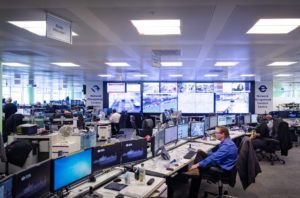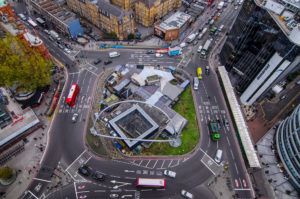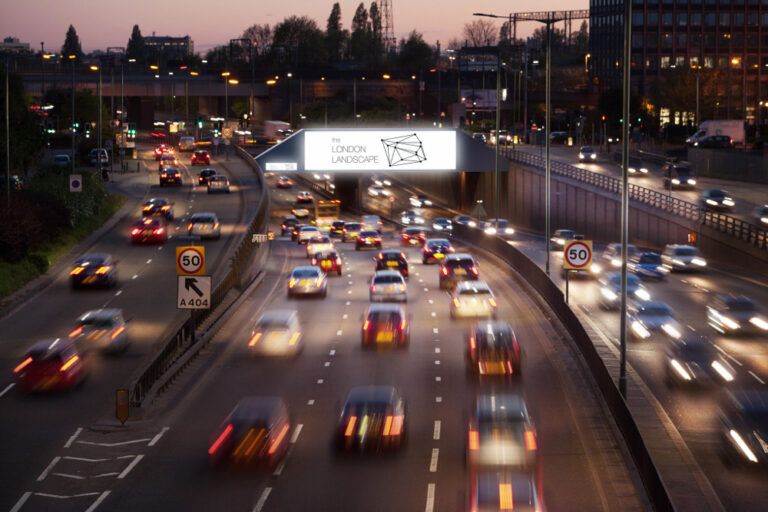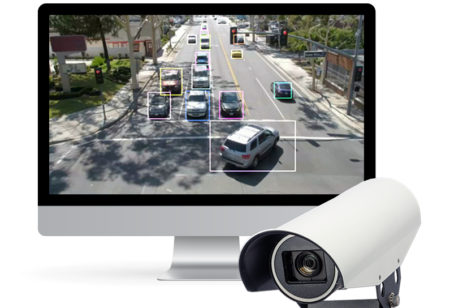Transport for London (TfL) has awarded a contract to the UK division of the Spanish information technology (IT) company Sopra Steria to develop new software that will help the agency tackle some of the biggest issues facing the capital, such as congestion and road danger.
TfL is responsible for managing 360 miles (580km) of the UK capital’s busiest roads, as well as managing a number of other vital assets such as London’s 6,000 traffic lights, its tunnels and some of its bridges. TfL will work closely with Sopra Steria to develop a new control center system, which will give everybody managing the road network a single, unified view of everything happening on the city’s streets, including up-to-the minute details of all known incidents and the actions being taken. The new software will present a richer picture of what is happening on London’s roads, taking in a lot more data about congestion, bus performance, weather and roadworks, to make it much easier for TfL to respond quickly to problems on the network.

The groundbreaking software will also be able to analyze multiple sources of information to generate rapid incident alerts for TfL staff, ensuring that vital information on incidents is quickly delivered to those who need it most, such as local councils, the emergency services and other organizations, as well as TfL’s customers and companies providing routing advice to road users. The new software, which will be owned by TfL and developed jointly with Sopra Steria, will enable the agency and other organizations to detect and respond to incidents more quickly and efficiently, reducing the road danger they can cause and helping to minimize their impact on congestion.
One of a number of upgrades planned over the coming years to help reduce road danger and tackle pollution and congestion on London’s streets, the new control center system is part of TfL’s wider strategy to transform the way it manages its road network. The Surface Intelligent Transport Systems (SITS) program is using new technology to get the most out of the road network, increasing reliability and helping to reduce congestion. In June 2018, TfL awarded a contract to Siemens to develop and install new Real Time Optimizer (RTO) technology across London, which will dramatically improve TfL’s ability to control its traffic lights in response to real life incidents and conditions.
 “We’re working to completely overhaul the way we manage London’s road network as we tackle some of the biggest challenges our growing city faces, such as poor air quality, road danger and congestion,” said Glynn Barton, TfL’s director of network management. “Our world-leading work with Sopra Steria will enable us to respond to incidents on the roads much more quickly, keeping the roads safe and clear and helping to keep London moving.”
“We’re working to completely overhaul the way we manage London’s road network as we tackle some of the biggest challenges our growing city faces, such as poor air quality, road danger and congestion,” said Glynn Barton, TfL’s director of network management. “Our world-leading work with Sopra Steria will enable us to respond to incidents on the roads much more quickly, keeping the roads safe and clear and helping to keep London moving.”
Adrian Fieldhouse, Sopra Steria’s managing director for government, said, “Our vision is to empower government to make a difference to everyone, every day, through the services we design and deliver. The new control room system will make use of rich data to enable TfL to keep citizens and visitors alike safe and on the move through the city’s road network.”





